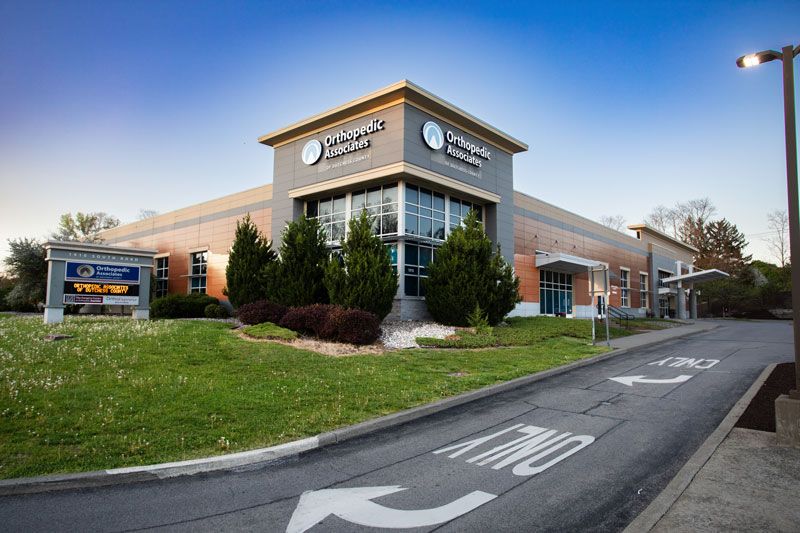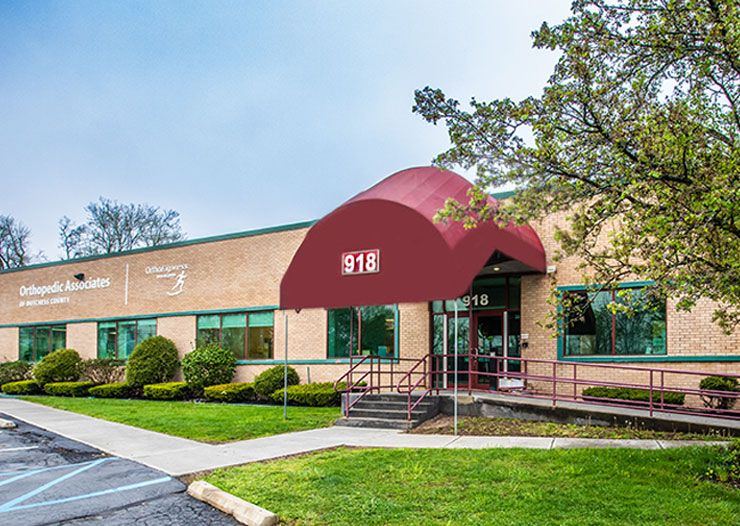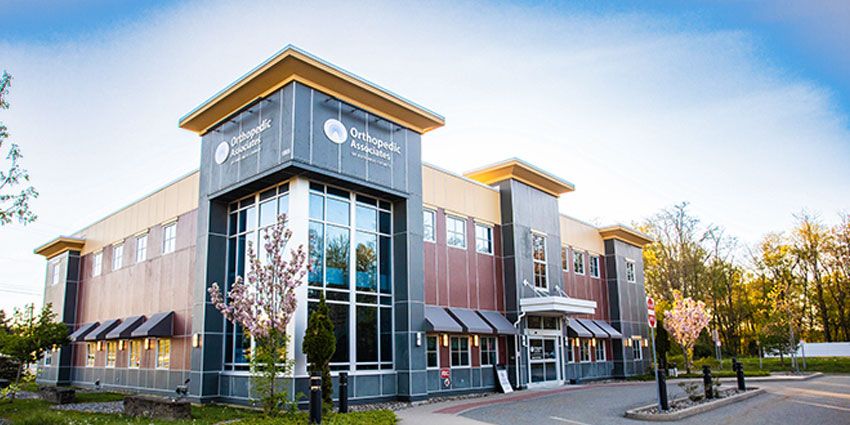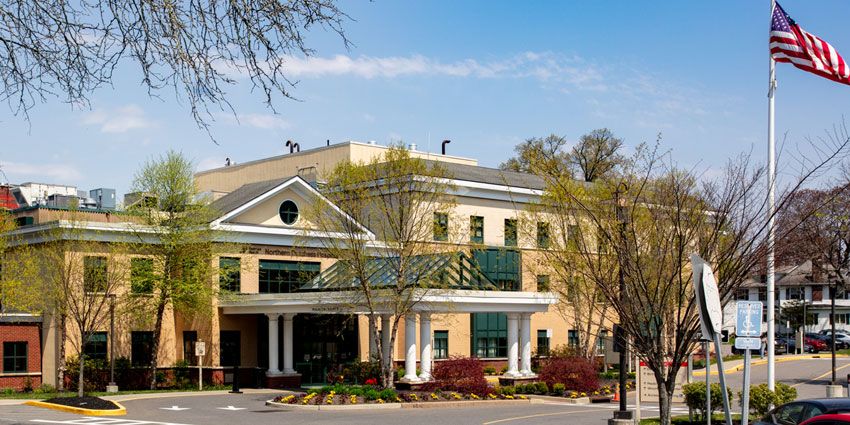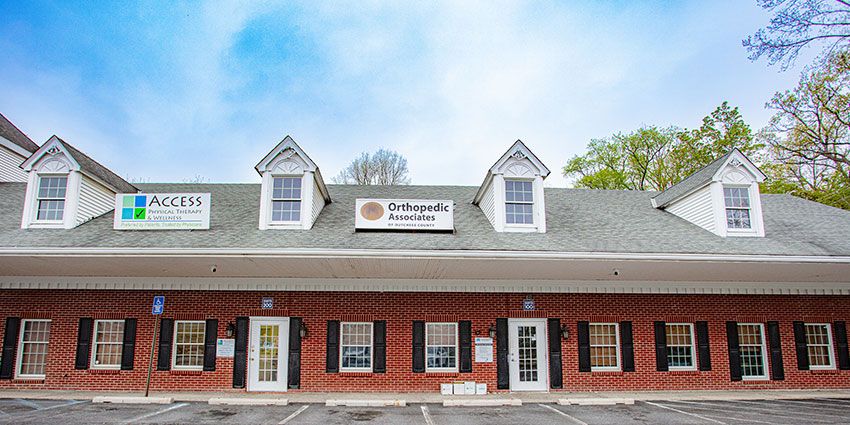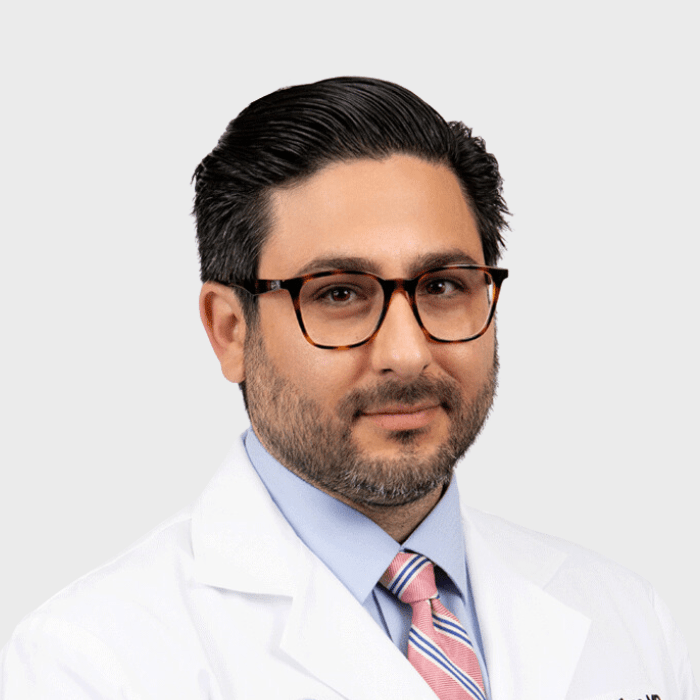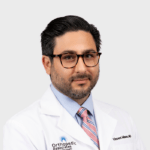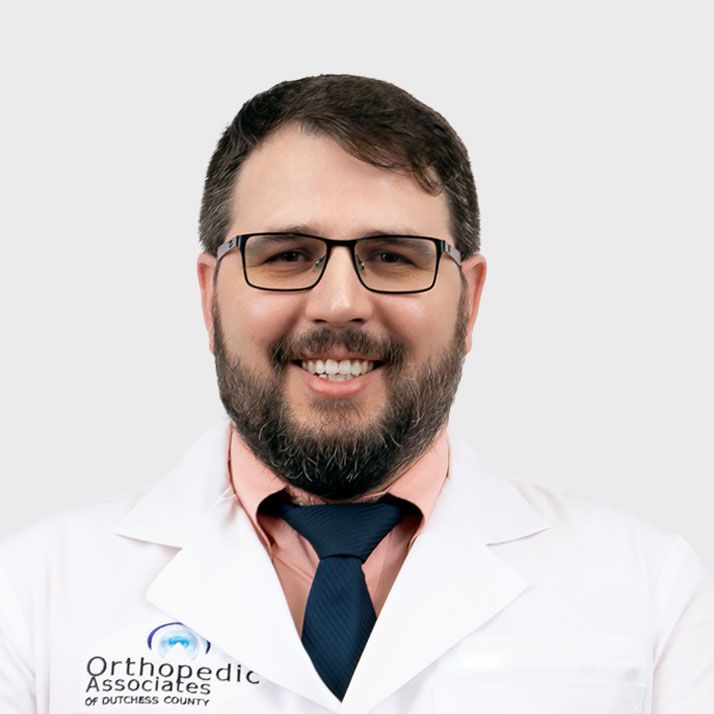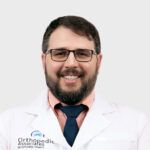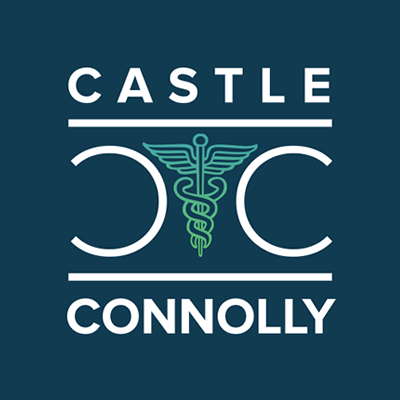Orthopedic Associates of Dutchess County
At Orthopedic Associates of Dutchess County, you’ll find the best care close to home. For over 45 years, OADC has cared for the orthopedic needs of the Mid-Hudson Valley community. Our fellowship-trained orthopedic and spine specialists deliver the most advanced, accessible and personal treatment. So take the first step. Orthopedic Associates of Dutchess County with 5 convenient locations, plus OrthoExpress walk-in centers. One step closer to relief.



